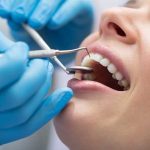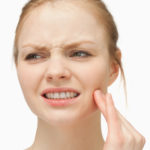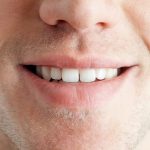Teeth Grinding Pain: How Long Can You Expect to Suffer?
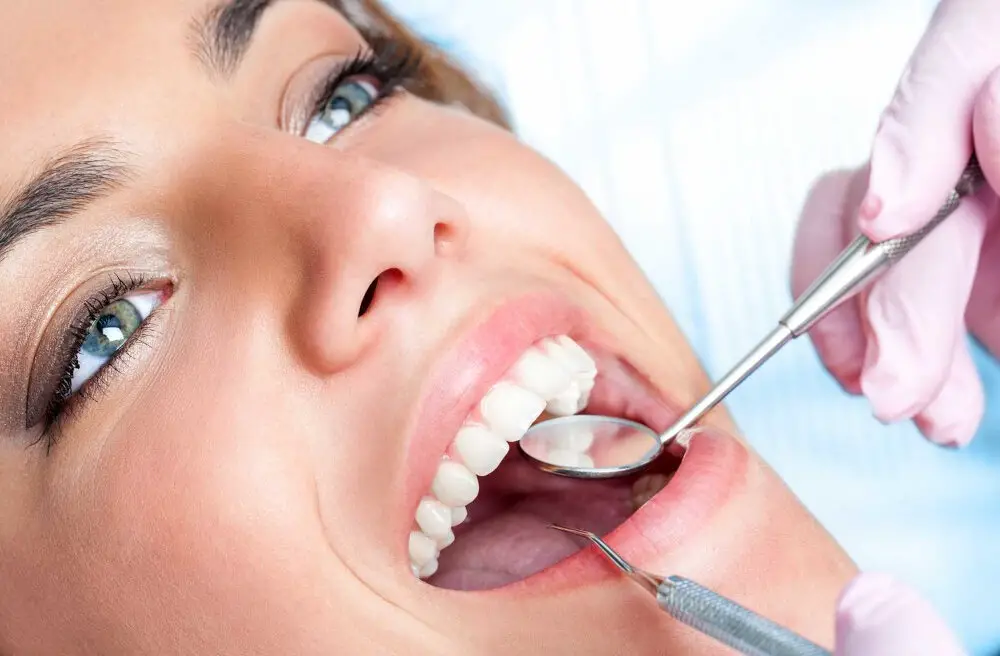
Teeth grinding, also known as bruxism, is a common dental condition that affects people of all ages. It occurs when individuals clench or grind their teeth, either consciously or unconsciously. The condition can cause pain, discomfort, and even damage to the teeth and jaw. If left untreated, teeth grinding can lead to serious dental and health problems. One of the most common questions asked by people who suffer from teeth grinding is how long the pain and discomfort will last. The answer to this question depends on several factors, including the severity of the condition, the cause of the problem, and the treatment options available. In this article, we will explore the various causes of teeth grinding, the symptoms associated with the condition, and the different treatment options available to help alleviate the pain and discomfort associated with this dental condition. We will also provide insights into how long you can expect to suffer from teeth grinding pain and what you can do to prevent the condition from worsening.
What is Teeth Grinding?
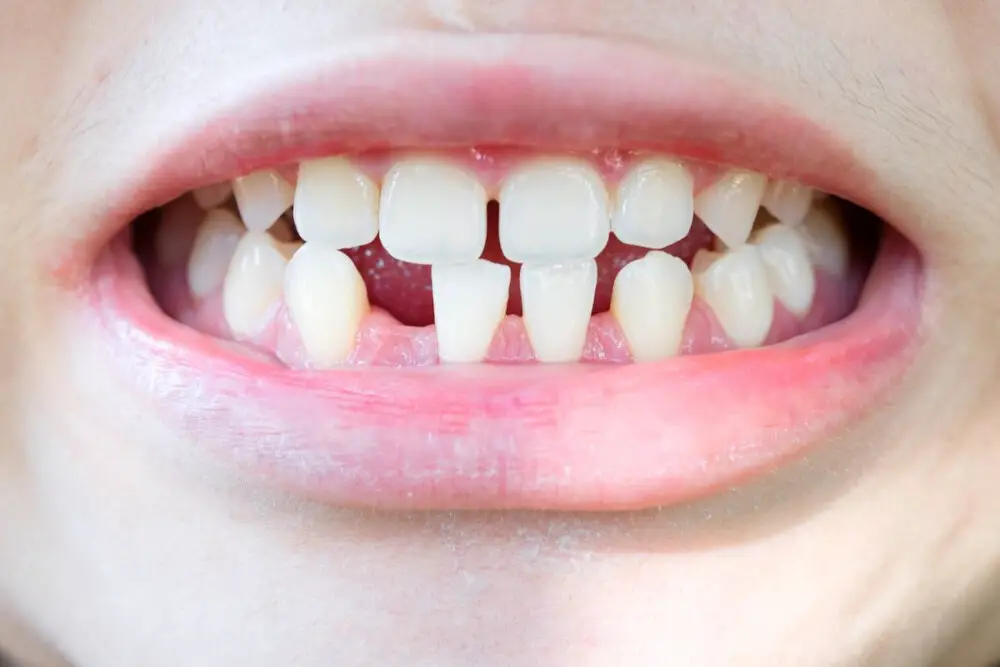
Teeth grinding, medically known as bruxism, is a common condition characterized by the involuntary grinding or clenching of teeth. It can occur during the day or at night, but nocturnal bruxism is more common and can be more damaging, as individuals are often unaware of the habit. Teeth grinding can lead to various dental problems, including tooth wear, fractures, and sensitivity, as well as facial pain, headaches, and jaw disorders. In some cases, it can also affect the quality of sleep, leading to fatigue and other sleep-related problems. The causes of teeth grinding are not fully understood, but it is believed to be related to various factors, including stress, anxiety, sleep disorders, and abnormal bite or teeth alignment. It can also be a side effect of some medications or substances, such as caffeine, alcohol, and tobacco. The treatment of teeth grinding depends on the severity and underlying cause of the condition. In mild cases, it may not require any treatment, but in more severe cases, a dentist may recommend the use of a mouthguard, dental restoration, or other therapeutic interventions, such as relaxation techniques or therapy.
Teeth grinding, also known as bruxism, is a condition characterized by the unintentional and excessive grinding or clenching of teeth. It can occur during the day, but it is most common during sleep. Grinding can lead to various complications, including headaches, earaches, jaw pain, and tooth damage. It is often caused by stress, anxiety, or an abnormal bite. Treatment options include stress management techniques, mouthguards, and dental correction. If left untreated, teeth grinding can lead to severe dental problems and chronic pain, making it essential to seek professional help as soon as possible.
Teeth grinding, medically referred to as bruxism, is a common dental condition that occurs when an individual unconsciously grinds or clenches their teeth during their sleep or when they are awake. The causes of teeth grinding can vary depending on the individual, but it is often associated with anxiety, stress, and tension. Other possible causes include an abnormal bite, sleep disorders, and certain medications that affect the central nervous system. Additionally, lifestyle factors such as alcohol consumption, smoking, and caffeine intake may also contribute to teeth grinding. If left untreated, bruxism can lead to dental problems such as tooth fractures, jaw pain, and headaches.
Teeth grinding, also known as bruxism, is a condition where a person clenches or grinds their teeth unconsciously. Some common symptoms of teeth grinding include headache, sore jaw, neck pain, earache, tooth sensitivity, and disrupted sleep. In severe cases, the condition can cause chipped teeth, receding gums, and even tooth loss. While the exact cause of teeth grinding is not known, it is believed to be associated with stress, anxiety, and sleep disorders. If left untreated, bruxism can lead to chronic pain and deteriorating oral health. Therefore, it is important to seek medical attention if you experience any of these symptoms.
How Long Does Teeth Grinding Pain Last?
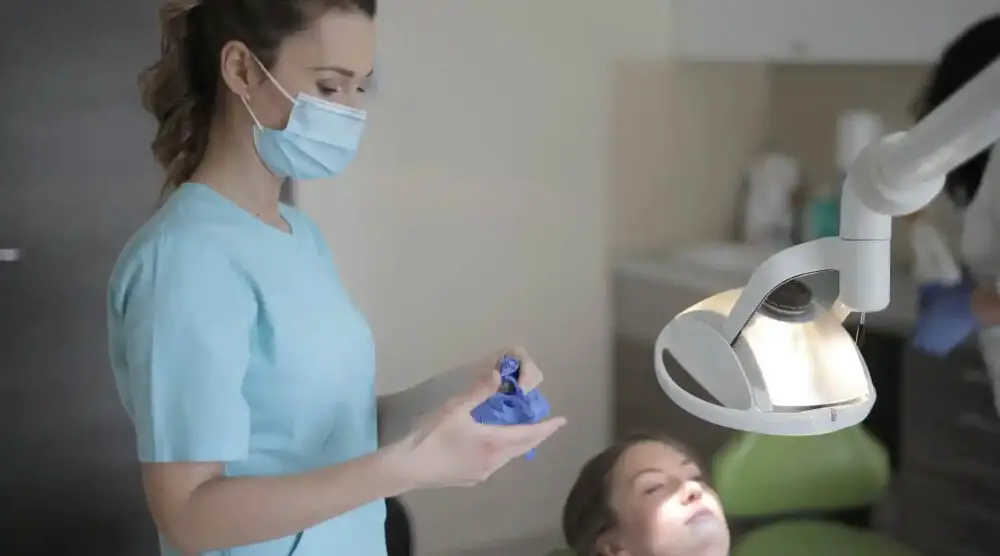
Teeth grinding, also known as bruxism, is a condition where a person unconsciously grinds or clenches their teeth, often during sleep. It is a common problem that affects up to 30% of adults and can cause various degrees of pain and discomfort. The duration of teeth grinding pain varies depending on the severity of the condition and the treatment options used. Mild cases of teeth grinding can cause discomfort for a few days, while severe cases can lead to chronic pain lasting for weeks or even months. The pain associated with teeth grinding can be felt in the jaw, face, and even the ears. The intensity of the pain can range from mild discomfort to severe pain that can affect a person’s quality of life. Some common treatment options for teeth grinding include wearing a mouthguard, practicing relaxation techniques, and taking pain relievers. These treatments can help alleviate the pain and discomfort associated with teeth grinding, but it is important to seek professional help if the pain persists. In severe cases, a dentist may recommend dental work or refer the patient to a specialist to address the underlying cause of the condition.
Teeth grinding, also known as bruxism, can cause a range of short-term effects that can impact your quality of life. The most common symptom is jaw pain, which can be felt in the temporomandibular joint (TMJ) or radiate to the face, neck, and shoulders. Additionally, teeth grinding can lead to headaches, earaches, and even tooth sensitivity. It can also cause disrupted sleep, leading to fatigue and irritability during the day. In severe cases, teeth grinding can cause chipped or cracked teeth, as well as damage to dental work such as fillings or crowns. Seeking treatment for teeth grinding can help alleviate these short-term effects and prevent long-term damage to oral health.
Teeth grinding, also known as bruxism, is a common dental condition that affects millions of people around the world. While occasional teeth grinding does not cause any severe harm, long-term bruxism can lead to several dental and overall health problems. The constant pressure applied on the teeth can cause them to wear down and become more susceptible to cavities and infections. Moreover, bruxism can also cause severe headaches, jaw pain, and earaches, leading to discomfort and reduced quality of life. Additionally, prolonged teeth grinding can affect the alignment of the teeth and lead to a more pronounced overbite or underbite, which can require extensive orthodontic treatment. Therefore, it is essential to seek dental treatment for bruxism to prevent any long-term damage to your teeth and overall health.
The duration of teeth grinding pain can vary depending on several factors. Firstly, the severity of the grinding can impact the length of the pain; the more intense the grinding, the longer the pain may last. Secondly, the frequency of the grinding can also affect the duration of the pain; those who grind their teeth regularly may experience pain for a longer period. Additionally, the underlying cause of the teeth grinding can play a role; if the grinding is due to stress or anxiety, the pain may persist until the underlying issue is addressed. Finally, seeking treatment for teeth grinding can also impact the duration of pain; those who seek treatment early may experience relief sooner than those who delay seeking help.
Treatment Options for Teeth Grinding Pain
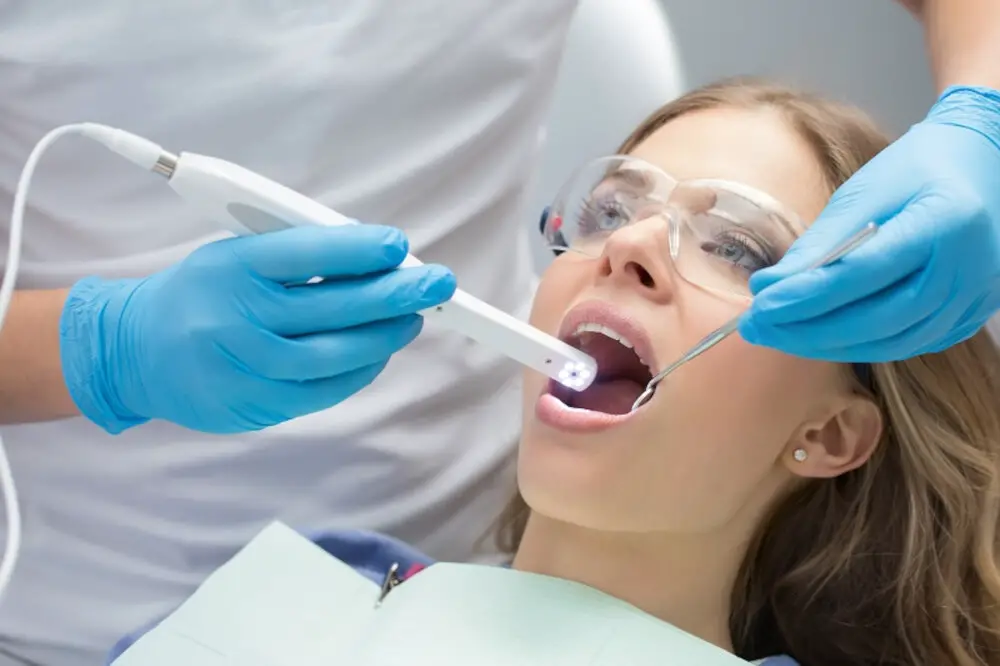
Teeth grinding pain can be a bothersome and painful condition that affects many people. Fortunately, there are several treatment options available that can help alleviate the symptoms and provide relief. The first line of treatment for teeth grinding pain is often a mouthguard or splint. These devices are designed to protect the teeth from the damage caused by grinding and clenching. They can also help to reduce muscle tension and relieve pain in the jaw and surrounding areas. Another option for treating teeth grinding pain is medication. Muscle relaxants, such as diazepam or cyclobenzaprine, can be prescribed to help reduce muscle tension and relieve pain. Over-the-counter pain relievers, such as ibuprofen or acetaminophen, can also be effective in reducing pain associated with teeth grinding. In cases where stress or anxiety is contributing to teeth grinding, anti-anxiety medications or therapy may be recommended. It is important to discuss the potential risks and benefits of any medication with a healthcare provider before starting treatment.
Teeth grinding, also known as bruxism, can cause pain and discomfort in the jaw, neck, and head. To alleviate this pain, there are several self-care techniques that can be employed. Firstly, practicing stress-reduction techniques such as meditation, yoga, or deep breathing can help reduce teeth grinding caused by stress or anxiety. Secondly, avoiding stimulating substances such as caffeine and alcohol can also help reduce teeth grinding. Additionally, wearing a mouthguard at night can help alleviate pain and prevent further damage to teeth. Finally, practicing good sleep habits such as getting enough sleep and maintaining a regular sleep schedule can also help reduce teeth grinding pain. By implementing these self-care techniques, individuals suffering from teeth grinding pain can find relief and improve their overall oral health.
Teeth grinding pain can be excruciating and can significantly affect one’s quality of life. To manage this pain, several medical treatments are available, depending on the severity and underlying cause of the condition. One of the most common treatments is the use of mouthguards or splints, which are custom-made to fit the patient’s mouth and prevent further damage to the teeth and jaw. Muscle relaxants and anti-inflammatory medications can also help relieve pain and tension in the jaw muscles. In severe cases, surgery may be necessary to correct any structural abnormalities or damage to the jaw joint. Additionally, stress management techniques, such as meditation and cognitive-behavioral therapy, can be useful in reducing teeth grinding pain by addressing the psychological factors that contribute to the condition.
There are several alternative therapies available to alleviate teeth grinding pain. Acupuncture, for instance, involves the insertion of fine needles into specific points on the body to stimulate the nervous system and relieve pain. Another alternative therapy is biofeedback, which uses electronic sensors to monitor muscle tension and teaches the patient how to control it. Additionally, relaxation techniques such as meditation and yoga have been found to reduce stress and tension in the body, which can help alleviate teeth grinding pain. It is important to note that while these alternative therapies may be effective for some individuals, it is always best to consult with a healthcare professional to determine the best course of treatment for your specific condition.
Preventing Teeth Grinding Pain
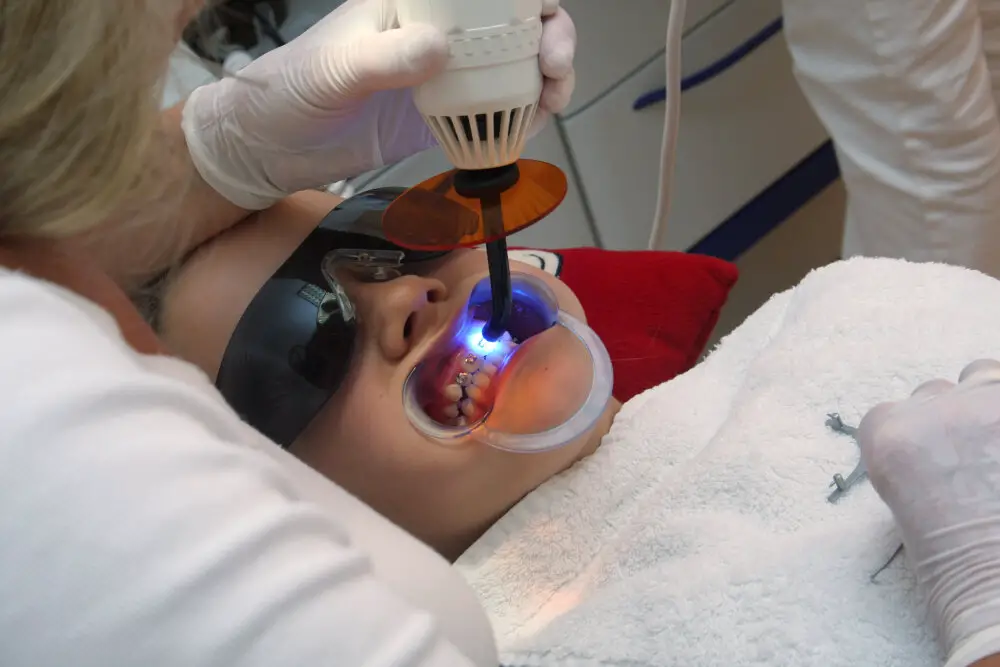
Teeth grinding, also known as bruxism, can cause severe pain and damage to your teeth and jaw muscles. If left untreated, it can lead to chronic headaches, tooth sensitivity, and even tooth loss. Fortunately, there are steps you can take to prevent or reduce teeth grinding pain. One of the most effective ways is to wear a mouthguard at night. This will cushion your teeth and prevent them from grinding against each other. You can purchase an over-the-counter mouthguard at your local pharmacy or have one custom-made by your dentist. It’s also important to avoid consuming stimulants such as caffeine and alcohol, especially before bedtime. These substances can make teeth grinding worse. Instead, try to relax before bed by taking a warm bath, reading a book, or listening to calming music. Another effective way to prevent teeth grinding pain is to practice stress-reducing techniques such as meditation or yoga. Stress and anxiety are common causes of teeth grinding, so reducing your stress levels can help alleviate the problem. Additionally, try to maintain good sleep hygiene by sticking to a regular sleep schedule and creating a relaxing sleep environment. This can help reduce the likelihood of teeth grinding while you sleep. If you notice that your teeth grinding is becoming more frequent or severe, it’s important to speak with your dentist or healthcare provider. They may recommend additional treatments such as muscle relaxants or therapy to help you manage your symptoms and prevent further damage to your teeth and jaw. Remember, taking steps to prevent teeth grinding pain can help you avoid long-term complications and improve your overall quality of life.
Lifestyle changes play a significant role in preventing teeth grinding pain. First and foremost, one should avoid consuming caffeine and alcohol, which can trigger teeth grinding. Maintaining a healthy diet, regular exercise, and adequate sleep can also help reduce stress and anxiety, which are common causes of teeth grinding. Additionally, practicing relaxation techniques such as yoga, meditation, and deep breathing can help reduce stress and tension in the jaw muscles. Seeking professional help from a dentist or physical therapist may also be beneficial in treating teeth grinding and associated pain. By adopting these lifestyle changes, individuals can effectively prevent teeth grinding pain and improve their overall oral health.
Teeth grinding, also known as bruxism, can cause significant pain and discomfort. There are several dental treatments available to prevent teeth grinding pain. One option is a custom-made mouthguard, which is worn while sleeping to protect the teeth and reduce grinding. Another treatment is dental bonding, which involves applying a tooth-colored resin to the teeth to reshape and protect them from further damage. Additionally, orthodontic treatment can correct misaligned teeth and bite issues that can contribute to grinding. It is important to consult with a dental professional to determine the most effective treatment for your individual needs and to prevent ongoing pain from teeth grinding.
Teeth grinding, or bruxism, is a common condition that can cause pain and discomfort in the jaw, teeth, and surrounding muscles. The duration of pain caused by teeth grinding can vary from person to person, with some experiencing only occasional pain while others suffer from chronic pain. Factors such as stress, anxiety, and sleep disorders can contribute to teeth grinding, and treatment options range from stress reduction techniques and lifestyle changes to dental procedures and medication. It is important to seek treatment for teeth grinding to prevent further damage to the teeth and minimize pain and discomfort.
Teeth grinding or bruxism is a common dental problem that can cause various complications, including tooth pain, jaw pain, headaches, and other discomforts. Ignoring the symptoms of teeth grinding pain can lead to serious dental problems such as tooth wear, fractures, and even tooth loss. Seeking treatment for teeth grinding pain is crucial because it can help prevent further damage to the teeth and jaw, alleviate pain, and improve quality of life. The treatment options may include wearing a mouthguard, stress management techniques, muscle relaxants, and dental procedures to correct misaligned teeth or other structural issues. Therefore, it is essential to consult a dental professional if you experience any symptoms of teeth grinding pain to determine the underlying cause and receive appropriate treatment.
If you are experiencing teeth grinding pain, it is important to take proactive steps to prevent further damage and alleviate your discomfort. Ignoring the issue can lead to long-term damage to your teeth, jaw, and overall oral health. There are several preventative measures you can take, such as wearing a mouthguard at night, practicing stress-reducing techniques, and avoiding caffeine and alcohol. By taking these proactive steps, you can not only reduce the pain associated with teeth grinding, but also improve your overall oral health and well-being. Don’t suffer in silence, take action and prioritize your oral health today.
Conclusion
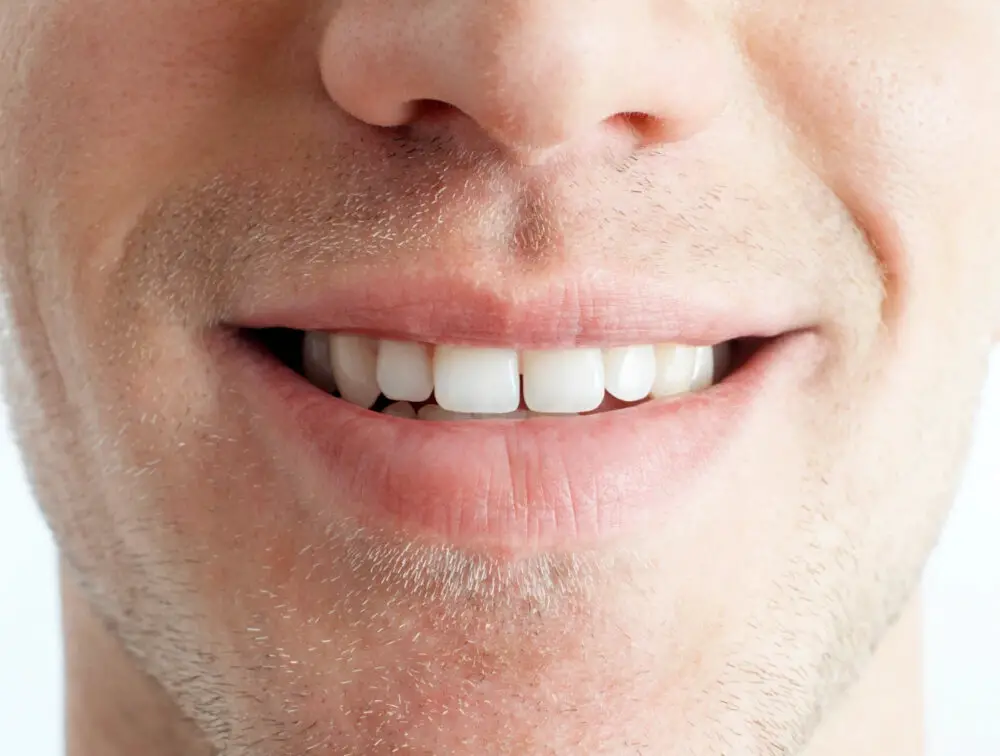
In conclusion, teeth grinding pain can be a debilitating condition that affects individuals differently. The duration of suffering can vary depending on the underlying cause and severity of the condition. Seeking medical attention and following recommended treatment options can help alleviate the symptoms and prevent long-term damage to the teeth and jaw. It’s important to address the issue as soon as possible to avoid prolonged discomfort and potential complications. With proper care and management, individuals can find relief and improve their overall quality of life.
